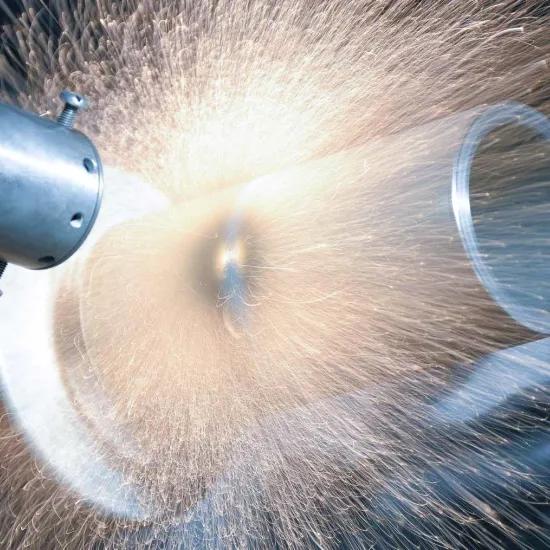Living Lab Remanumaat, a lever for greater collaboration
The processes associated with product life extension require a different approach, often involving manual labour. The cost of labour, staff shortages, and the need for efficiency, along with numerous practical obstacles, present significant challenges for product builders. Collaborating with social enterprises for customised work offers a potential solution, but there are also bottlenecks in this approach that need to be addressed. Enter Remanumaat Living Lab!
The longevity of products and components can be increased through various strategies, such as maintenance, repair, reuse, repurposing or upgrading. However, this poses a significant challenge for product builders. Modern manufacturing processes are primarily designed to produce and market new items. Handling take-backs and processing used products require additional steps, such as dismantling, sorting and cleaning, for which the company may not be adequately equipped. Dismantling and sorting typically involve manual labour as they are not extensively automated for most products. Once cleaned, the components undergo inspection. Sometimes, specific inspection equipment is available, but most parts are first subjected to a quick visual inspection by a person. For electrical and electronic products, a functional check is typically the initial step in the sorting process, even before disassembly begins.
In Flanders, where labour costs are high and profitability largely hinges on process efficiency (e.g. through process automation), minimising staff involvement is crucial. The manual labour time required for effective repair, upgrading and refurbishing presents a challenge.
Establishing partnerships with social enterprises for customised work (in the past referred to as ‘sheltered workshops’) could be a viable solution.
Cooperation is also working together
Social enterprises could perfectly perform these sub-activities. In practice, however, we see that such collaborations do not easily get off the ground. Manufacturing companies and social enterprises clash over issues such as liability, starting a circular collaboration, trust and variable inflow of products. Living lab Remanumaat aims to remove these issues and leverage more collaboration.
Preliminary results of a survey illustrate the challenge. Repair is currently the most common strategy which can be adopted independently. In the near future, efforts will primarily focus on refurbishing and remanufacturing products. Collaboration is particularly crucial for reuse and repurposing. This often involves reselling products to new customers.
Many companies are familiar with using social enterprises as service providers, and their role as suppliers is broadly endorsed. However, for activities aimed at extending product lifespan, such as upgrading, a significant number of people either view collaboration as unfeasible or do not consider it a viable option.
From searching to testing in production logistics
| Through Living Lab Remanumaat, Sirris is looking for ways to solve the issues. Every solution is tested. To facilitate this process, Sirris looks at various concepts and technologies, such as decision support, adapted forms of collaboration and operator support. We validate developed solutions for an ecosystem between conTeyor International and social enterprise Ryhove in relation to lifetime extension of return packaging for production logistics. |
Accelerating the roll-out of product life extension strategies
The results will be translated to at least five other ecosystems between companies and social enterprises, all in the machinery and mechanical and mechatronic systems sector, with high potential for extending product use. This will accelerate the introduction and development of life extension in the manufacturing industry, help make our manufacturing industry resilient and circular and reduce the environmental footprint.
Do you think you have a product with potential for life extension if you perform the right inspection, repair, upgrade ... on it? Make sure to let us know! Together, we will figure out how we can help you move forward.






